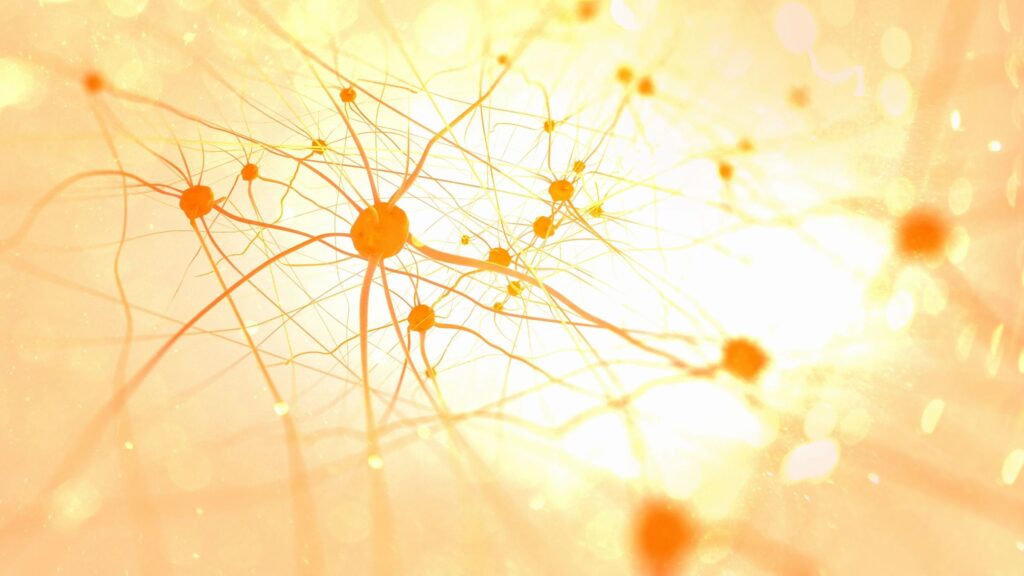Developmental Psychology
Talking About Their Future Selves Improves Preschoolers’ Cognitive Skills
Conversations with adults are a key way that children build cognitive skills. And if you’re looking for something to talk about with the young children in your life, new research suggests a topic of conversation that seems to be especially helpful in developing cognitive skills: the future. In a recently published study, researchers from Harvard…
Read MoreHow Our Ability to Recognize Emotions Changes With Age
Being able to make an accurate guess at what the people around us are feeling is a skill that helps us get along with friends, family, partners and coworkers. Like other cognitive skills, it appears to be one that changes with age. To some degree, the ability to read other people’s emotions depends on experience.…
Read MorePhysical Punishment, Childhood Maltreatment Linked to Antisocial Behaviors in Adulthood
Problematic behaviors in adulthood often have roots in childhood, and a new study of over 36,000 adults in the United States adds more evidence for that idea. In the study, researchers from University of Manitoba looked at whether the type of childhood someone has can predict how likely they are as adults to have symptoms…
Read MoreIs a Need to Contribute Key for Teens?
When it comes to the basic psychological needs of adolescence, we often talk about things like becoming more independent and developing a sense of identity. A new paper argues that teenagers have another fundamental psychological need we don’t talk about enough: the need to contribute. Whereas developing autonomy and identity are processes that are focused…
Read MoreWhat Does Aging Mean for Mental Health? It Depends Where You Live
Mental health isn’t something that stays fixed across the lifespan. Everyone goes through periods of better and worse mental health. But as people get older, is there a general tendency for their mental health to improve? According to a new study from researchers in Germany, that might change from one country to the next. The…
Read MorePracticing Music Is Associated With a Sharper Brain Later in Life
If you want your brain to stay in good form as the years add up, be sure to keep a healthy diet, exercise frequently, and … play a musical instrument? A new meta-analysis of studies on the link between music and cognitive health has concluded that regularly practicing a musical instrument correlates with enhanced cognitive…
Read MoreAdverse Childhood Experiences Influence Life Satisfaction in Adulthood
We know that childhood experiences lay the foundation for mental health in adulthood. But is it possible to determine what consequences a single traumatic event in childhood might have for long-term psychological wellbeing? For an individual, the answer is no, at least for now. For groups of people, though, it’s possible to look at how…
Read MoreDo Early Developmental Milestones Predict Intelligence in Middle Age?
Will a baby who says their first words at a precocious age go on to have a sharp mind at 50? The idea that signs of future intelligence can be spotted in toddlerhood sounds logical enough, but the strength of the correlation between infant behavior and adulthood intelligence remains up for scientific debate. Recently, a…
Read MoreSpooky Science: The Psychology of Paranormal Beliefs
Long-time readers of this blog will know that I can take the fun out of almost any holiday. For Thanksgiving, I’ve written about the advantages of being ungrateful and the inner lives of Turkeys. On Valentines day, I covered loneliness. So, Happy Halloween! Let’s talk about ghosts. Why do people believe in ghosts? There are…
Read MoreWhat Sets Adults With Autism Who Have Savant Skills Apart?
Occasionally, people with autism have special abilities where they are able to far outperform others. They might be able to perform feats of memory, create incredibly realistic works of art, or tell you without hesitating that January 31, 2021 will be a Sunday. Of course, the majority of people with autism don’t have savant syndrome,…
Read More









